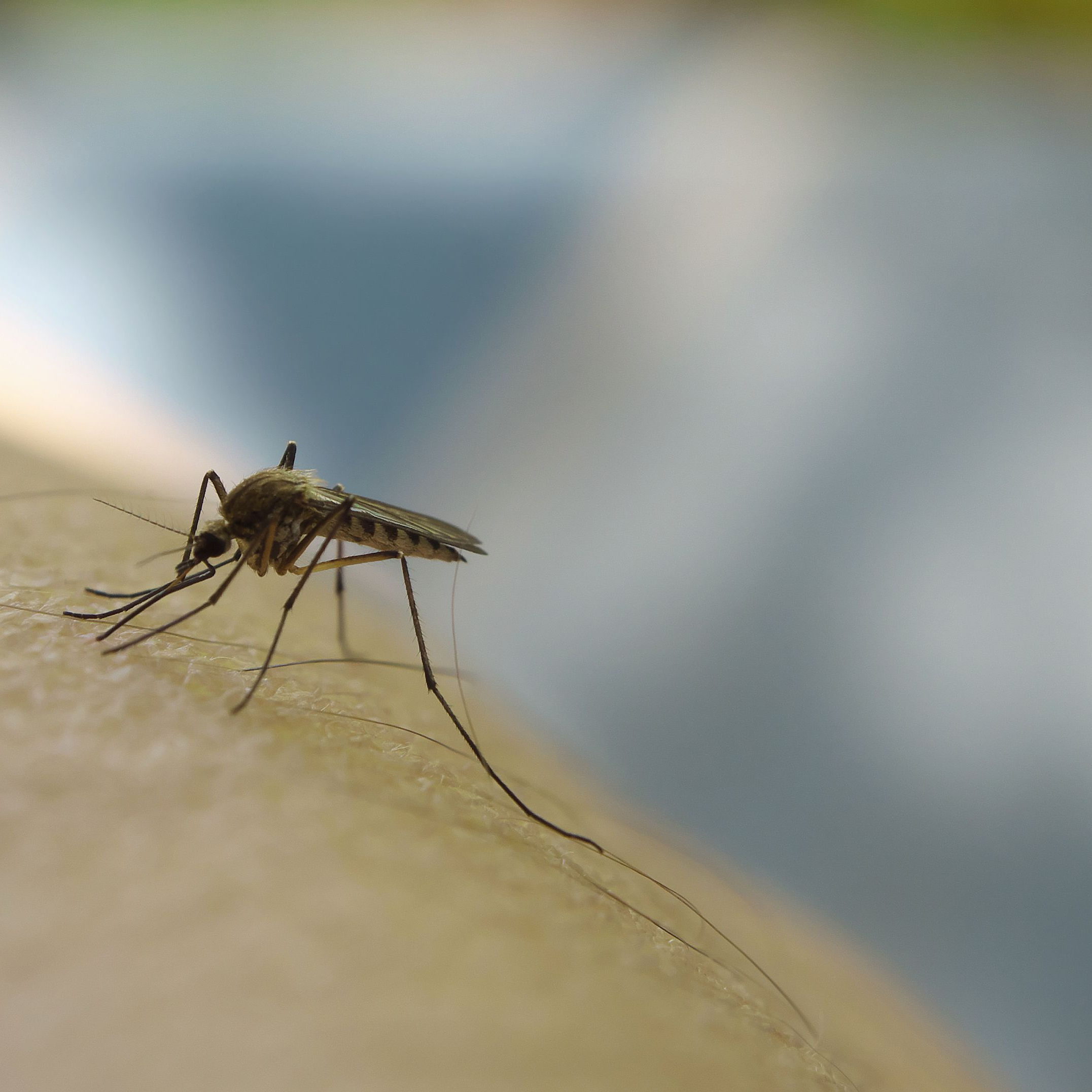
What is the Zika virus?
The Zika virus is an RNA virus from the Flaviviridae family. It is the cause of the so-called Zika fever. The Zika virus is predominantly transmitted to humans by mosquitoes. An infection usually triggers a high fever. According to the Federal Ministry of Health , only about 1/4 of those infected develop any symptoms at all. In most cases the disease is mild, although it is possible for the unborn child to become infected during pregnancy. Particularly in 2015, an increasing number of cases were found in Brazil, where newborn children of an infected mother had a head that was far too small . In most cases, the children also suffered from a lack of oxygen. In most cases, the children also suffered from severe brain damage and mental retardation. In adults, the virus poses the risk for the quite rare Guillain-Barré syndrome. This disease causes severe damage to the nerves and paralysis .
How widespread is the Zika virus?
Zika virus is widespread in all tropical and subtropical regions, mainly in Southeast Asia, Africa and the Pacific islands. Between 2015 and 2017, there were major outbreaks in Central and South America. In 2019, isolated cases were even detected in southern France. Local clustered outbreaks continue to occur in isolated countries, making the Zika virus a threat to the overall health of the population living there . The zika virus is a known trigger for diseases such as yellow fever, chikungunya and dengue virus.
How is the Zika virus transmitted?
According to current knowledge, only mosquitoes of the genus Aedes, such as the Asian tiger mosquito or also the Egyptian tiger mosquito are capable of transmitting the zika virus.
After the transmission has taken place, the zika virus enters the cells of humans. However, it is not yet clear exactly how this process takes place. In order to reproduce, the viruses use the human components of the cells. Not only humans are considered to be excellent main carriers of the zika virus, but also primates.
Transmission through sexual intercourse
Via sexual contacts, human-to-human transmission can occur to . Even if an infected person has no signs, he is considered infectious. Men in particular are suspected of being carriers, because the viruses can remain hidden from the immune cells for much longer in the shielded testicular area.
Transmission through blood products
It is quite possible that the zika virus can be found in blood transfusions . However, transmission in this way is highly unlikely and has only been detectable in very few cases so far. In spite of this, people returning from affected zika virus regions are not allowed to donate blood for a few weeks.
What are the symptoms of the zika virus?
As a rule, an infection with the zika virus is asymptomatic, i.e. without any symptoms. If symptoms do occur, the disease is usually mild. After an incubation period of about seven to twelve days, especially if affected person has dengue or chikungunya fever, the following symptoms may occur:
- mild fever, up to 38 degrees,
- patchy and nodular skin rash, exanthema,
- Joint pain,
- Conjunctivitis
Many
sufferers complain of general fatigue as well as headaches
and muscle pain. In some cases, there is stomach pain with
nausea, vomiting and diarrhoea, as well as dizziness.
How is Zika virus diagnosed?
If there is a suspicion of infection with the virus, this is no reason for concern. In most cases, the infection is mild and subsides after only a few days without any consequences. Anyone returning from a trip or who has been in contact with other possible infected persons should consult their family doctor or a specialist in tropical medicine .
The symptoms caused by the zika virus may well be related to other travel illnesses that are far worse. Pregnant women should also consult a doctor, as infection with the virus can cause severe damage to the unborn child.
Based on the medical history and the physical examination, the doctor will quickly determine whether an infection with the Zika virus is responsible for the symptoms. If this is the case, a laboratory test will be ordered. In order for the Zika virus to be detected, the blood must be examined for parameters such as CRP, platelets and leukocytes . The values mentioned are strongly changed in the case of a zika virus infection .
However, since these blood value changes are also frequently detectable in many other diseases, this is still no proof that an infection with the zika virus is present. With the help of a pathogen detection by means of a PCR test, the proof is unimpeachable and the diagnosis can be made with certainty.
How is the Zika virus treated?
So far, there is no direct therapy against the virus, so only the symptoms are treated:
- Bed rest,
- Paracetamol or ibuprofen for pain and to reduce fever,
- a gentle diet
- sufficient fluid intake, especially in the case of fever.
As a rule, the disease does not cause any symptoms. This is why many people do not notice the infection at all. If symptoms occur, they usually disappear after a few days . Treatment in hospital is rarely necessary. Hospital treatment is only necessary in rare cases .
How can the Zika virus be prevented?
In known regions where the risk is increased, you should protect yourself from mosquito bites. Even those who have already been infected with the zika virus should avoid further bites from mosquitoes so that the then infected animal cannot infect other people.
The following measures can protect against bites:
- Use sufficient insect repellent,
- Wear long-sleeved clothing and long trousers,
- Use mosquito nets,
- Avoid or eliminate water points.
